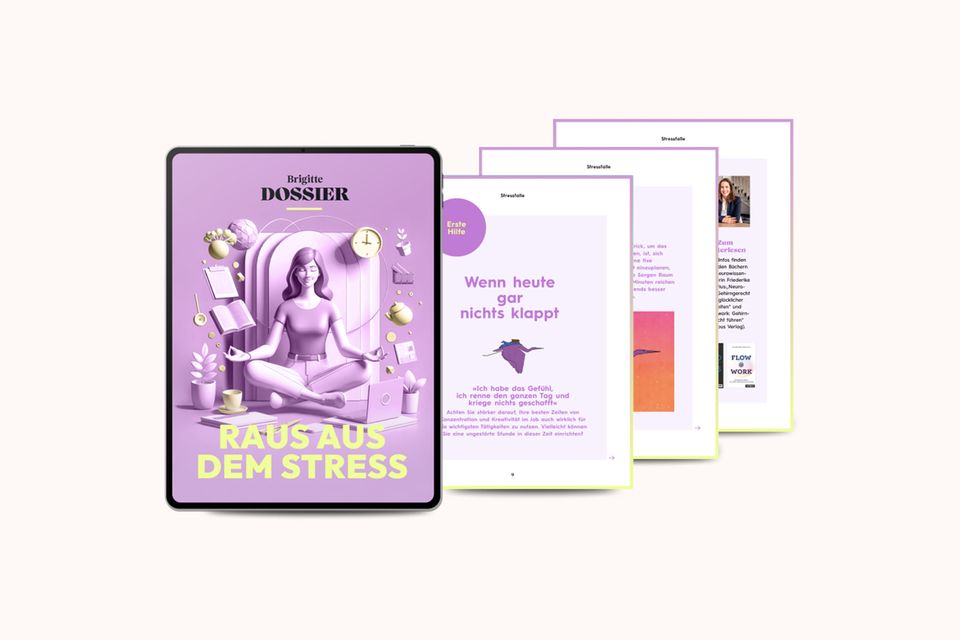Psychology: Which unpopular habit is good for your brain and your mood

A good mood and clear thoughts—who would say no to that? Studies show we can easily promote both. All we have to do is overcome a minor discomfort.
Cold water can stimulate circulation, boost alertness, reduce inflammation, and help muscles recover. All of this is now widely known. However, this knowledge motivates few of us to regularly jump into a winter lake or at least take a cold shower. Would we do so if we knew that ice baths could make us happier and improve our cognitive abilities? That's exactly what some recent studies suggest.
Cold bath experiment: better sleep and more confidenceFor example, a research team published the results of the following study this year in the journal "Physiology & Behavior": For four weeks, 13 test subjects bathed in ten-degree cold water for ten minutes three times a week. During this time, the researchers collected data on the participants' well-being and mental state: How well did they sleep? How mentally fit were they? How anxious or confident did they feel?
After just one week, the scientists observed a positive effect on the participants' mental health: They were more carefree and optimistic. From the second week onwards, average sleep quality also improved, with this effect being particularly noticeable in those who previously had major sleep problems. With regard to cognitive abilities, the researchers observed slight improvements in certain areas: The participants became somewhat more mentally flexible and processed information somewhat faster.
Other studies have produced similar resultsIf this experiment with just 13 test subjects were the only indication that cold water could be good for us mentally, it would be entirely understandable if most people preferred to continue their hot, relaxing baths. However, two other studies in recent years produced similar results: In a study published in 2021, 42 test subjects bathed for 20 minutes in a sea that was just under 14 degrees Celsius and felt less depressed, angry, and tense afterwards. And in 2023, a research team reported on an experiment that made people feel more alive and inspired after just five minutes of cold bathing.
Scientists don't yet have a definitive explanation for why cold water seems to be so beneficial to us – but they do have a suspicion: It could be that regular cooling off regulates our cortisol levels. Cortisol is a hormone we release during times of stress or dangerous situations. In such moments, it helps us focus and cope with extreme short-term demands. Persistently high cortisol levels, in turn, have negative effects on our health: They promote sleep disorders and make us more irritable and unbalanced.

Do you want to know how to better deal with stressful situations? Are you looking for routines that help you unwind? Do you want to finally fall asleep and sleep through the night? We answer these and other questions in our PDF dossier.
Researchers have discovered that, surprisingly, when we jump into cold water, our cortisol levels don't spike, but remain relatively stable. However, a few hours later, it drops noticeably – which we tend to perceive as calming and relaxing. Those suffering from chronic stress could therefore potentially benefit from cold baths in the long term.
Before we head to the nearest sea or lakeshore and dive in, however, we should be aware that swimming in cold water outdoors is dangerous. We can get hypothermia, cramps, and even drown. However, we don't necessarily have to go out and risk our lives to see if cold water can be good for us and relax us: A cold bath at home or a cold shower is enough to start with. And if that gives us a taste for it, we can join a group of ice-bathing enthusiasts.
sus Brigitte
brigitte





